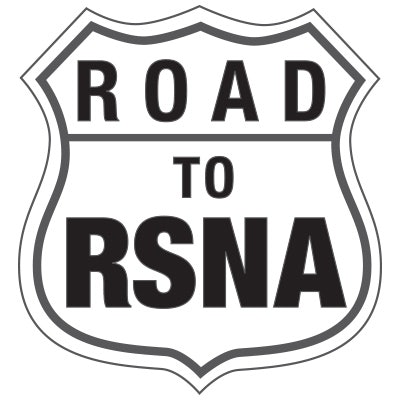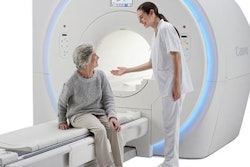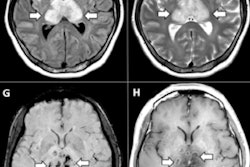
It's no secret that 2020 has been a challenging year, as healthcare providers around the world have attempted to cope with the global pandemic caused by the SARS-CoV-2 virus. But MRI has shown its value throughout the crisis, and attendees of the virtual RSNA 2020 meeting will be sure to encounter research that highlights the modality's efficacy.
Early in the pandemic, the focus was on chest x-ray and CT for helping to diagnose COVID-19, the disease caused by SARS-CoV-2. But as the crisis continued, clinicians found that the illness manifested not only in the respiratory system but also in the brain -- in the form of loss of smell or taste, stroke, coma, agitation, delirium, dizziness, seizure, or encephalopathy -- and that MRI is an important assessment tool in this regard.
Meeting attendees are likely to hear discussion about using MRI to track any long-term effects of COVID-19, as well as how the technology can help clinicians identify good candidates for particular treatments -- and perhaps even administer the treatment -- for diseases such as Alzheimer's.
Next year will be the 20th anniversary of the death of Michael Colombini, a 6-year-old child who was struck by an oxygen canister while he was in the MRI scanner. At the virtual RSNA meeting, expect discussion of how to make the modality safer, both in technological and workflow aspects.
Read on for insights into the key role MRI continues to play in the imaging enterprise, including feedback about the modality from RSNA subcommittee chairs and other experts in the field.





















